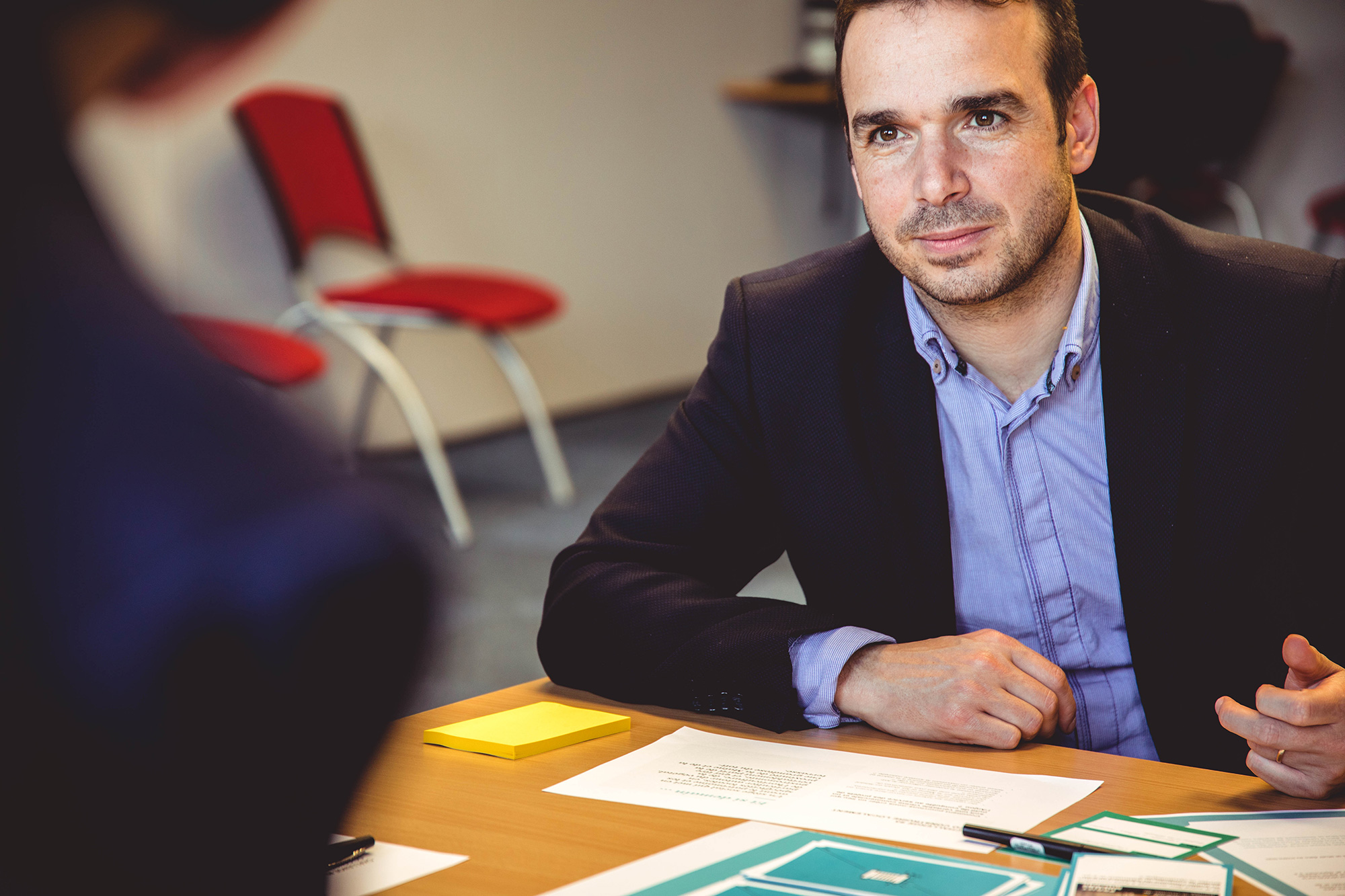Everybody makes mistakes in life. They’ve made mistakes as a child, a teen, an adult, and as a parent. Custody evaluators understand that. During your interview, the concern will not be on whether you’ve made mistakes, instead, an evaluator will want to know what you did after the mistakes. How did you handle correcting the mistake, and what have you done to prevent the mistake from happening again? Demonstrating what you’ve learned and how you are moving forward says a lot about your character.
Evaluators should not make moral judgments
Custody evaluators are not priests, pastors, or rabbis. Our job is not to make moral judgments on another human being. Instead, our job is to evaluate what each person is like as a parent. While certain moral, integral, or ethical issues do play a role, it’s more important for the evaluator to understand whether or not those issues currently and directly represent their parenting style. If they don’t, then it’s not necessarily a germane or relevant issue to discuss in a custody evaluation.
How to explain your past mistakes
It’s very important to be open about your past. You should provide information about mistakes you’ve made as a parent, mistakes you’ve made in your life, and mistakes you’ve made in your relationship with your former partner. This information is important. It will help the evaluator place the mistakes you’ve made in your life in a greater context. It will provide them the insight to understand how each issue impacts your actual parenting.
If you’re wondering what to say, it’s best to simply come clean. Acknowledge that you felt stressed and got mad, then explain what happened. Perhaps you cursed at your former partner or lost control and threw a dish on the ground, scaring the kids. If you accept responsibility, acknowledge that you can do better, and explain that you are now in therapy to learn better self-control, then you demonstrate your desire and ability to change.
Your ex will want to point out your mistakes
Remember, your ex can’t wait to tell the evaluator about every bad and horrible thing you’ve done in your life or are doing in your life. And, they will have the opportunity to express their concerns. If there are legitimate concerns, it’s best for you to get ahead of that information.
If you choose to hide information, you may be faced with some tough questions by the evaluator. You may be asked, “Your former partner said X, Y, and Z. They provided this documentation to prove their claims. I’m curious as to why you did not discuss this topic with me?” You’ve now placed yourself in an awkward situation that could have been avoided by disclosing it yourself.
Defending yourself against your ex’s accusations
The best policy is always an honest policy. If the information your former partner shared is not true, then explain that you disagree with that person’s perception of things and provide your understanding of the situation.
If the information is true, honesty is still the best policy. Explain why you didn’t share the information – you were embarrassed, concerned you’d be labeled a terrible parent, fearful you might lose your children, etc. – and admit to the truth. Arguing, yelling or continuing to deny your actions, especially if there is proof, will cause more damage. At this point, it’s about damage control and being honest.
In conclusion
Throughout the evaluation, you will have numerous opportunities to demonstrate who you are as a parent. Admitting your faults will demonstrate how you approach life and parenting. You are a model for your children, and they learn by example. Will the children observe how to correct mistakes by watching you as a parent? When you give the evaluator an opportunity to place real-life events – good, bad, or indifferent – within your entire life story, the evaluator will have an opportunity to understand you as a person. Then the evaluator can understand how it is that you approach parenting.





